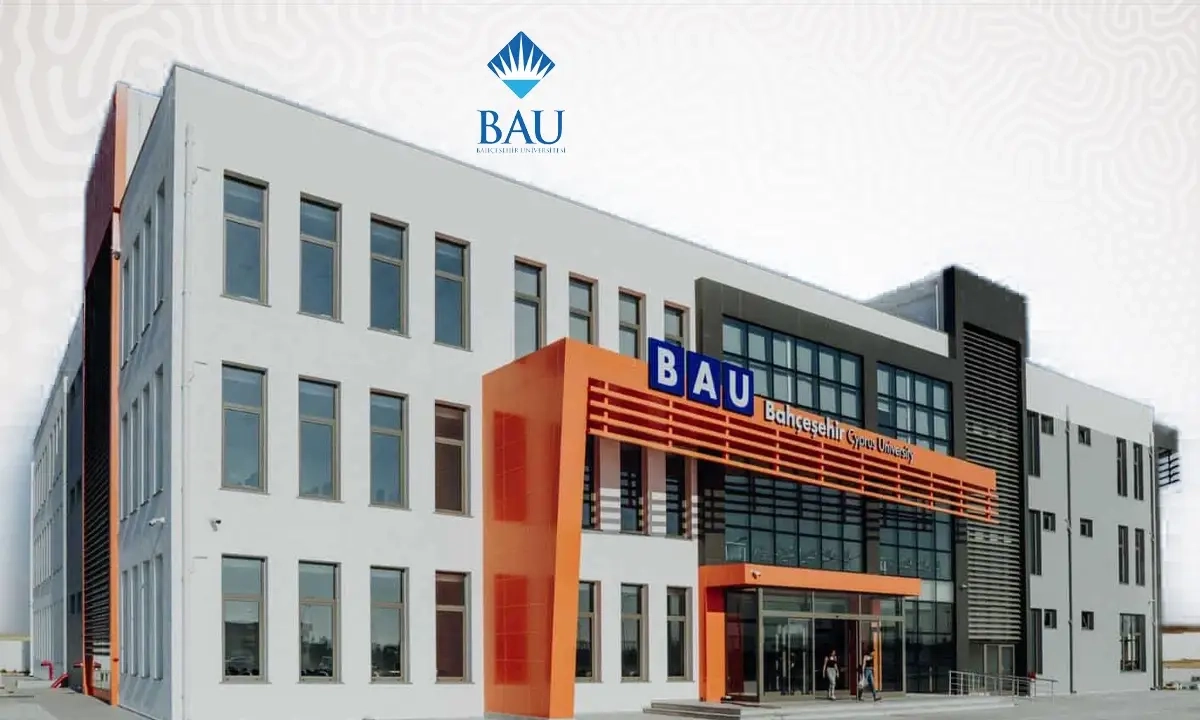College: Graduate School of Social Sciences
This specialization focuses on the strategic management of the workforce in an organization to enhance productivity, employee satisfaction, and organizational effectiveness.
Students acquire skills in recruitment, training, development, compensation, benefits, labor relations, and strategic human resource planning, preparing for careers in human resource management, consulting, and related fields.
Learning Objectives:
- Understand the principles of human resources and strategic management.
- Develop skills in recruitment, selection, and retention.
- Learn training and development techniques.
- Explore compensation and benefits management.
- Analyze labor relations and labor law.
- Develop critical thinking, problem-solving, and leadership skills.
Main Curriculum:
- Introduction to Human Resource Management - Overview of HR principles, roles, and industry trends.
- Recruitment and Selection - Strategies for attracting, selecting, and retaining talent.
- Training and Development - Designing and implementing training programs to develop employees.
- Compensation and Benefits - Principles of compensation, managing benefits, and rewards systems.
- Performance Management - Techniques for assessing and improving employee performance.
- Labor Relations and Labor Law - Understanding labor unions, collective bargaining, and labor regulations.
- Organizational Behavior - Studying the behavior of individuals and groups within organizations.
- Strategic Human Resource Planning - Aligning HR strategies with organizational goals and objectives.
- Practical/Applied Training - Practical experiences in HR environments, such as corporations, consulting firms, or governmental agencies.
- Graduation Project - Comprehensive project applying HR skills, such as developing an HR strategy, conducting a training needs analysis, or designing a compensation plan.
Assessment Methods:
HR strategy analyses, recruitment and selection plans, training and development programs, compensation and benefits reports, performance management evaluations, labor relations and law case studies, organizational behavior essays, strategic HR planning projects, internship reports, graduation projects, group projects, and presentations.
Recommended Textbooks:
- "Introduction to Human Resource Management" by various authors.
- "Recruitment and Selection" by various authors.
- "Training and Development" by various authors.
- "Compensation and Benefits" by various authors.
- "Performance Management" by various authors.
- "Labor Relations and Labor Law" by various authors.
- "Organizational Behavior" by various authors.
- "Strategic Human Resource Planning" by various authors.
Prerequisites:
Basic knowledge of business principles and management with an interest in human resource management.
Duration of Specialization:
Typically 4 years to obtain a bachelor's degree.
Certification:
Graduates can receive certifications from professional organizations such as the Society for Human Resource Management (SHRM), the Human Resource Certification Institute (HRCI), or equivalent HR certifications.
Target Audience:
Aspiring HR managers, recruiters, training and development specialists, compensation and benefits analysts, labor relations specialists, and professionals aiming to work in corporations, consulting firms, governmental agencies, and related fields.
This specialization provides students with the strategic and practical skills necessary to excel in human resource management, supporting careers in various HR roles and organizational development.












